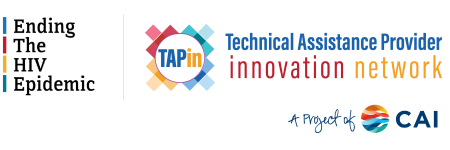Trauma and its sequelae are associated with poor mental health, increased risk-taking behaviors, lack of connections to HIV care and low adherence to antiretroviral regimens -all of which can hinder jurisdictions’ efforts to achieve success with their EHE work plans.
Successful integration of trauma informed care services can improve daily functioning and decrease adverse symptoms for PWH. It and has also been shown to lead to an increase in consumer engagement, lower rates of hospitalization, and significant cost savings.
In this webinar, we discuss an implementation model adopted by Ryan White services providers–including Federally Qualified Health Centers and Community Based Organizations, as well as organizations and providers working with people who use substances–to integrate trauma informed care into their organizational culture, physical environments, and existing mix of services.
Webinar Sections
-
Overview (5:14)
Purpose of the webinar, overview -
Why Trauma Informed Care (6:56)
An overview of trauma, the ACE study, the prevalence of trauma especially among people living with HIV and SUD, the impact of trauma on risk of HIV, and the impact of trauma. -
CAI’s Model of Trauma Informed Care Implementation (20:45)
An overview of the three phases of trauma healing, multi-disciplinary teams work, measurable benefits of trauma informed care, and more. -
Establishing a Trauma Informed Care Culture (31:30)
An overview of the organizations that have collaborated on TIC implementation, trauma informed care assessments, emerging results from CAI’s TIC Implementation Model and more. -
Implementing TIC in Your Jurisdictions(50:01)
An overview of how TAP-in can help integrate a trauma informed care approach. -
Q & A (52:40)
Supporting Files
Part of Collection
This resource was developed by
